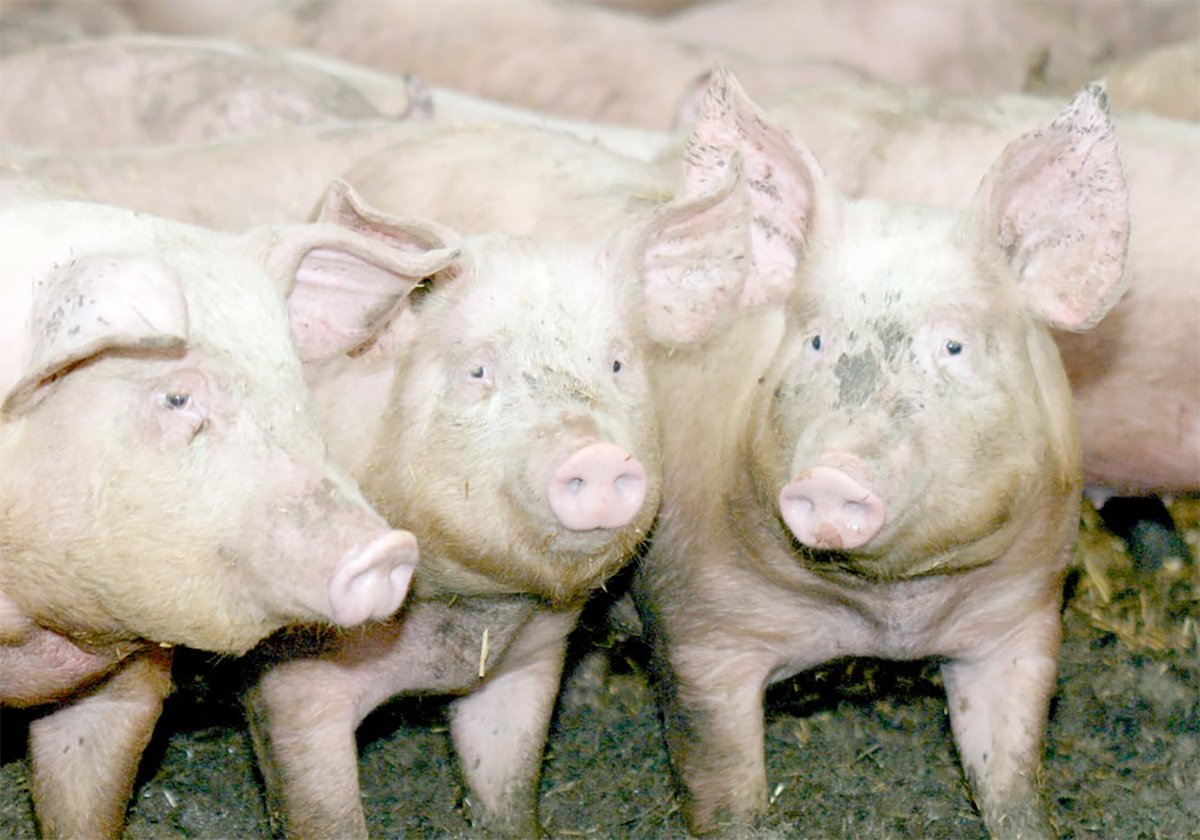DAUPHIN, Man. – In a country that exports nearly half of all beef it produces, many Canadian producers ask why it’s necessary to accept imported beef.
Beef from New Zealand and Australia is commonly used by processors to make sausages, hamburger and other processed meats which Canadian cattle producers argue could be made from home-grown animals.
Adding salt to the wound is a recent trade panel ruling that said Canada should accept up to 5,000 tonnes of subsidized European beef.
“This is not a fair trade issue, it’s a marketing issue,” said Dave Andrews, Canadian Cattlemen’s Association president.
Read Also

The Western Producer Livestock Report – November 13, 2025
Western Producer Livestock Report for November 13, 2025. See U.S. & Canadian hog prices, Canadian bison & lamb market data and sales insights.
While the European beef won’t likely make much difference to total supply, there’s a principle involved of allowing subsidized beef into the country, said Andrews.
This comes at a time when Canada is looking for a home for its surplus beef. Production could weigh in at more than three billion pounds this year. As well, as producers send more cattle to slaughter to reduce herds in efforts to cope with rising feed costs and low beef prices, the supply numbers could go higher in 1997 at a time when domestic consumption is flat at about 50 pounds per capita.
Yet processors argue they need imported meat and a group of them visited last week’s CCA meeting here to explain why.
Most of the imported meat from Australia and New Zealand is “manufacturing beef,” which ends up as ground beef or in further processed items like baby foods, sausage, luncheon meats, pastrami or corned beef. It is lower quality than what Canada exports and comes mostly from cull cows.
Processors invited to the CCA meeting acknowledged that Canadian grinding quality meat has improved and the lean content is more consistent. More have started using Canadian meat but have concerns about domestic supply.
As well, because they supply the retail trade, fast food outlets and some institutions, processors say they need forward pricing to fit in with retail sales plans, which are made seasonally, compared to the weekly basis price offered by most packers.
Mark Ishoy, of MGI Packers in Kitchener, Ont., runs a cow slaughter plant which processes beef and dairy cows into grinding meat. The boneless beef contains up to 50 percent fat in each box. The plant produces about 120,000 pounds of boneless beef a day.
He said Canadian cows are inconsistent in size and fat content and that causes additional work in sorting, compared to what comes from Australia. As well, Ishoy added too many cattle enter the plant with needle marks and bruises where tissue is deadened and must be cut away as waste.
Customer demands
Scott Zies of Cardinal Meats, with two plants outside of Toronto, produces premium beef burgers and portion controlled meats. He said customers expect on-time delivery every day, competitive forward pricing, food safety assurances and exact specifications as to lean and fat content.
They need more meat in the summer for burgers and find there is often a big gap in supply when they need it most, said Zies.
Joe Gariup of National Grocers, chair of the meat committee for the Canadian Grocery Distributors Association, said hamburger makes up about 40 percent of a shopper’s beef purchases and moves especially well from mid-April to the end of September. Extra lean ground meat with less than 10 percent fat is one of the fastest selling items from the meat counter.















